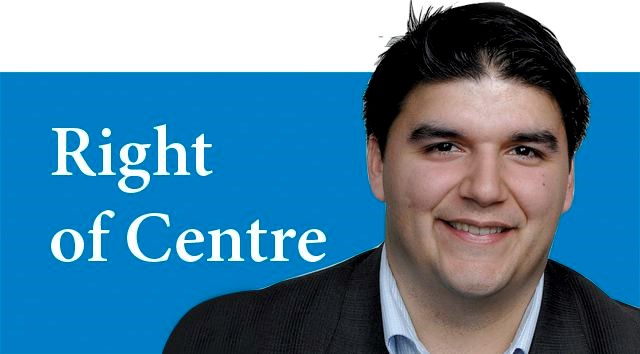On Thursday and Friday, my alma mater, Trinity Western University, will appear before the Supreme Court of Canada to defend the right to found a law school and produce lawyers that are accredited by law societies based on individual competency, not private beliefs. This is not the first time TWU has fought this battle; as Chief Justice Beverley McLachlin will tell her fellow justices, the B.C. College of Teachers put TWU through similar straits and lost in 2001.
To be clear, this is indeed a question of religious freedom, but what many have forgotten is that the argument for why we can have private and public or religious and secular schools right next to each other is that both will produce citizens with the ethics and skills to participate in the world. What they believe privately is not a government or a professional association's business; regardless of creed or culture, all are to be judged by standard tests of competence.
The pivotal point of the 2001 BCCT vs. TWU decision was "the concern that TWU graduates will act in a detrimental fashion in the classroom is not supported by any evidence," regarding religious belief, instruction, and lifestyle commitments while attending the university. Whatever legalese the law societies of B.C. and Onteribble have concocted, their argument is the same, only now it is pointed at the law school itself before the foundation has even been poured.
I will allow myself a brief moment of smug thinking aloud with the following points: in what way did the Law Society of British Columbia think this ploy of first accrediting and then retracting the accreditation after holding a referendum, was ever going to work without ending up before the Supreme Court of Canada? Who thought the clear constitutional connection between religious freedom, education and accreditation could just be sidestepped and ignored?
Furthermore, how did the highest ranking barristers in the land collectively forget about the importance of judicial precedent and "risk assessment" for success at trial, which are both concepts hammered into first-year law students? One can only hope they are sent for remedial training, by which I mean repeating their entire law degrees, regardless of who wins the case.
Turning from satire to more serious questions, there is still an unspoken point at hand here, and that is, don't be fooled, everyone's freedoms are at stake in this case. TWU is not a fundamentalist paradise; it's a private university where people of the Christian faith commit to study together while upholding an unsurprising list of morals and ethics based on the Bible. If that is the evil threat that must be extinguished, you better start wondering who will be next.
I can only hope such "alarmism" shocks you from your complacency. Go take a gander online at just how far compelled speech and belief is going on publicly funded campuses around the Western world. Take a quick trip to the airport and remind yourself of the power of the state to get into your business far too quickly. Sit back and think for a moment about what would happen if your doctor suddenly had her licensed revoked for her beliefs. I hope you shudder.
Liberty is a very delicate thing, but the the fertile soil from which it springs are freedoms listed in our Charter: belief, expression, association, and assembly. TWU, its donors, professors, and students have a right to their beliefs, to express those beliefs by word and deed, as well as to muster the collective advantages of association and assembly bound up in those beliefs. This is self-evident, and all people act upon these principles without a second thought everyday.
In the end, this case is a perfect ending to our sesquicentennial and the Supreme Court's 2017 year. Canada was specifically founded on religious freedom, as the BNA Act and our Charter clearly state. One hundred and fifty years later, will this most important freedom still endure?



